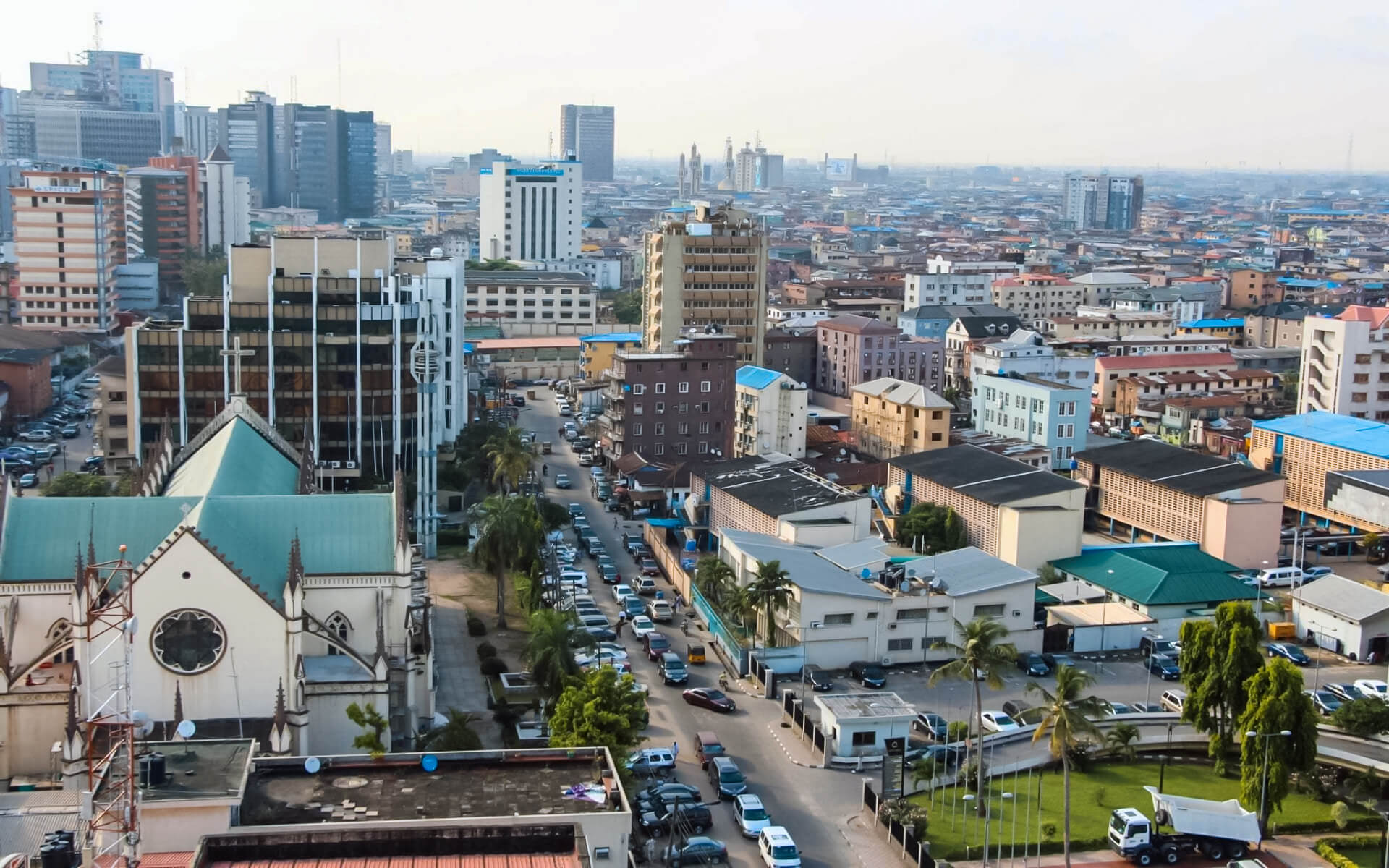[lwptoc]
Lagos is a city in Nigeria’s Lagos state. The metropolis, together with its surrounding conurbation, is the biggest in both Nigeria and Africa. It is one of the world’s fastest expanding cities, as well as one of the world’s most populated metropolitan agglomerations.
Lagos is a significant financial center in Africa, with the continent’s highest GDP and one of the continent’s biggest and busiest ports.
Lagos began as a port city on a collection of islands that are now part of the Lagos Island, Eti-Osa, Amuwo-Odofin, and Apapa Local Government Areas (LGAs). The islands are separated by creeks that fring the southwest mouth of Lagos Lagoon, while being protected from the Atlantic Ocean by barrier islands and long sand spits like Bar Beach, which stretch up to 100 kilometers (60 miles) east and west of the mouth. The city extended to the west of the lagoon as a result of increasing urbanization, including regions that are now part of the Lagos Mainland, Ajeromi-Ifelodun, and Surulere. As a result, Lagos was divided into two distinct areas: the Island, which was the original city of Lagos before it spread onto the Mainland. Until the creation of Lagos State in 1967, this city area was governed directly by the Federal Government through the Lagos City Council, which resulted in the division of Lagos city into the current seven Local Government Areas (LGAs) and the addition of other towns (which now make up 13 LGAs) from the then Western Region to form the state.
After the formation of Lagos State, Lagos, which had been the capital of Nigeria since its union in 1914, became the capital of Lagos State. However, in 1976, the state capital was relocated to Ikeja, and in 1991, the federal capital was relocated to Abuja. Despite the fact that Lagos is still often referred to as a city, the current Lagos, also known as “Metropolitan Lagos” and formally as “Lagos Metropolitan Area,” is an urban agglomeration or conurbation made up of 16 local government areas (LGAs), including Ikeja, Lagos State’s capital. Although this conurbation covers just 37% of Lagos State’s total geographical area, it is home to 85% of the state’s population.
Metropolitan Lagos’ precise population is unknown; according to federal census statistics from 2006, the conurbation has a population of about 8 million people. The Lagos State Government, on the other hand, contested the statistic, subsequently releasing its own demographic estimates, which placed the population of the Lagos Metropolitan Area at about 16 million. Unofficial estimates put the population of the region at 21 million in 2015.


